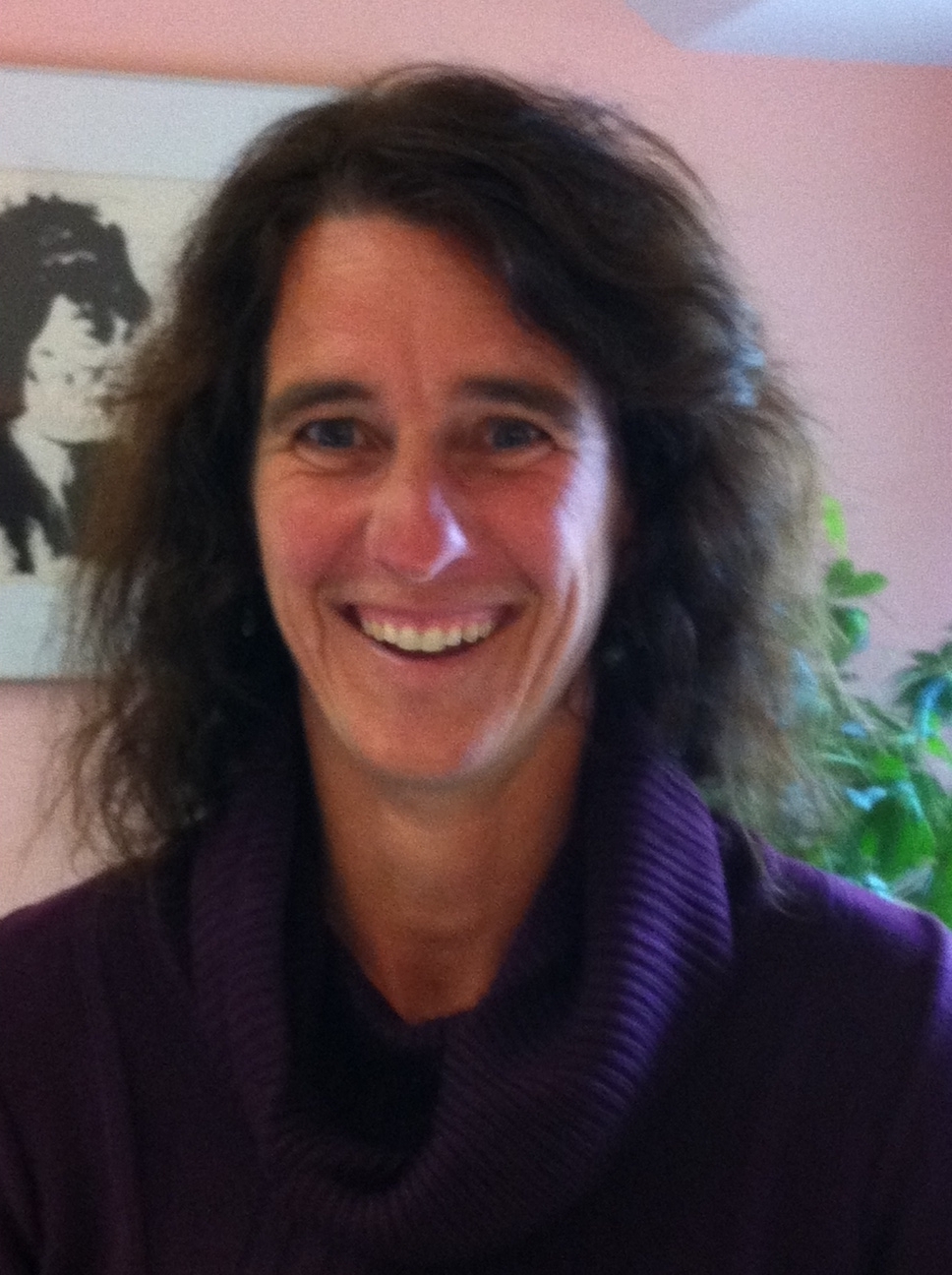The Osgoode Society Legal History Workshop group is an informal evening seminar that meets on alternate Wednesdays between September and April to discuss a wide variety of topics in legal history, Canadian and international. A paper is circulated in advance of each workshop by email, and after a short introduction by the author most of the time is devoted to discussion of the paper. Participants are graduate students and faculty in law and history from a wide range of Universities, Canadian and international, as well as law students and members of the profession.
In 2024/2025 the workshop will be conducted using ZOOM, which allows people to attend from across the country and beyond. Anybody interested in legal history is welcome to attend virtually. The workshop is held at 6.30 eastern time. If you would like to be put on the email list to receive papers and other scheduling information please email j.phillips@utoronto.ca.
Osgoode Society Legal History Workshops 2011-2024
OSGOODE SOCIETY LEGAL HISTORY WORKSHOPS IN FALL 2024 AND WINTER 2025:
All sessions start at 6.30 EST. Email j.phillips@utoronto.ca for the link.
2024 Fall Term Schedule
Wednesday September 11 – Nina Patti and Jim Phillips, University of Toronto: ‘The 1930 Divorce Act: The Demise of Parliamentary Divorce for Ontario.’
Wednesday September 25 – Matthew Steilen, University of Buffalo Law School: ‘Inventing Parliament: The Formation of a Legislative Power in Medieval England, 1100-1350.’
Wednesday October 9 – Catherine Le Guerrier, Osgoode Hall Law School: ‘Canadian Consumers and the State, 1953-1969.’
Wednesday October 23 – No Workshop. Many participants will be attending the American Society for Legal History Conference
Wednesday October 30 – Taylor Starr, York University: ‘Covert and Overt Feminism: Université de Montreal Faculté de Droit and the University of Western Ontario Faculty of Law, 1961-1994.’
Wednesday November 6 – No workshop. University of Toronto Reading Week
Wednesday November 13 – Preston Lim, University of Toronto: ‘The Canadian New Deal Cases.’
Wednesday November 20 – James Barry, Osgoode Hall Law School: ‘John Reeves as Legislative Drafter: The Police Bill of 1785.’
Wednesday December 4 – Nick Rogers, York University: ‘The Abduction of Clementina Clarke, 1791.’
WINTER TERM 2025
All sessions start at 6.30 EST. Email j.phillips@utoronto.ca for the link.
Wednesday January 8 – Michael Borsk, Queen’s University: TBA
Wednesday January 22 – Sascha Auerbach, University of Nottingham: ‘ “The Vice of Regimen”: Slavery, Biopolitics, and the Origins of Public Health in the British Caribbean, 1768-1834.’
Wednesday February 5 – Patricia McMahon, Osgoode Hall Law School: ‘Stewart v Steele, 1835-1847: A Case study in support of the Fusion of Law and Equity.’
Wednesday February 19 – Taylor Starr, York University: ‘Navigating Shadows of Brutality: A Historical Inquiry into the 1976 Royal Commission on Metropolitan Toronto Police Practices.’
Wednesday March 5 – David Berg, Ontario Court of Justice: ‘The Belcher Island Murder Trials, 1941.’
Wednesday March 19 – Maggie Ross, Quen’s University: ‘Toronto’s “Gilded Palaces of Sin”: Property, Prostitution Law, and the Toronto Society for the Suppression of Vice, 1860s-1890s.’
Wednesday April 2 – Zoe Savitsky, Osgoode Hall Law School : ‘Regulating Lesbian Sexuality in Canada, 1969-1982.’
All sessions start at 6.30 and will be presented via ZOOM. To be placed on the email list and receive the papers and links please email j.phillips@utoronto.ca .

Professor Lori Chambers, Lakehead University
Canadian legal history has emerged as a cutting-edge field within the study of Canada's past, and Canadian legal historians are also celebrated participants in international debates about the historical role of law as both a mechanism of control and a source of social challenge. The Osgoode Society for Legal History has been essential in the national and international success of Canadian legal history and historians. The Osgoode Society not only publishes a wide range of books, but also supports students and research and facilitates communication between legal historians. The legal history workshop is a very important part of that communication. Legal historians outside of Canada frequently comment on the Osgoode Society, and its work in Canada, with considerable (and justifiable) envy. The importance of the Osgoode Society cannot be overstated.
